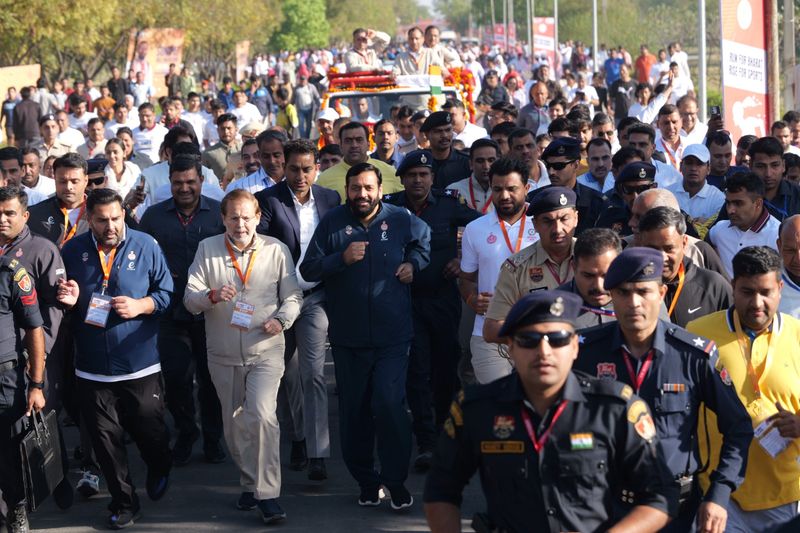Breaking: Haryana CM Urges Young Generation to Embrace Wellness, Shun Substance Abuse

In a powerful message emphasizing the critical link between individual health and societal progress, Haryana Chief Minister Nayab Singh Saini highlighted the transformative potential of a healthy population. Speaking passionately, he underscored that the foundation of a thriving nation and state lies in the wellness of its citizens.
Addressing the youth, Saini made a heartfelt appeal, urging young people to embrace a lifestyle that prioritizes physical and mental well-being. He stressed the importance of steering clear of destructive habits, particularly drug abuse, which can derail personal potential and community development.
"A healthy society is not just a goal, but the cornerstone of national advancement," the Chief Minister emphasized. By promoting wellness, preventing substance abuse, and encouraging positive lifestyle choices, he believes that individuals can contribute to building a stronger, more resilient community.
Saini's message serves as a compelling call to action, reminding everyone that personal health is not just an individual responsibility, but a collective investment in the future of Haryana and India.
